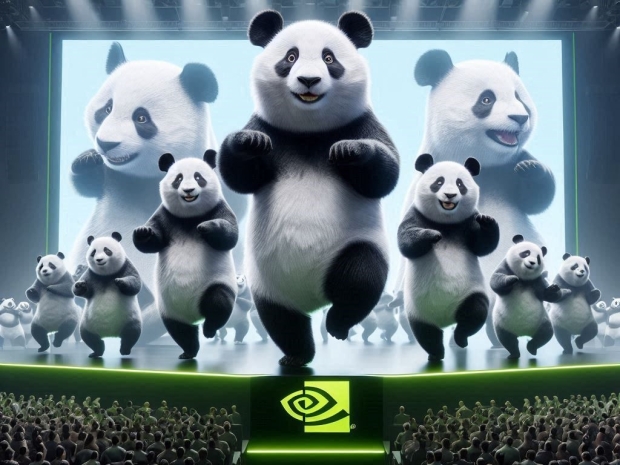According to the Financial Times , Nvidia will deliver more than a million of its new H20 chips over the coming months. These chips are designed to circumvent US restrictions on selling AI processors to Chinese customers.
That figure is almost twice as much as Huawei is expected to sell off its China-made rival product, Ascend 910B.
Nvidia is the latest Silicon Valley company entangled in tensions between Washington and Beijing. The Biden administration wants to stem the flow of the world’s most powerful chips to China, fearing Beijing may use them to create more powerful AI systems with military applications.
The resulting shortage of AI chips has affected the ability of Chinese tech groups such as ByteDance, Tencent and Alibaba to compete with US-based OpenAI, Microsoft, Meta and Google in a technology that is reshaping the industry.
Each H20 chip costs between $12,000 and $13,000, suggesting that Nvidia will likely generate upwards of $12 billion in sales. That would be more than the $10.3 billion revenue made from its entire China business — including selling graphics chips to PC gamers and other products — in the financial year ending in January 2024.
Since the Biden administration first introduced restrictions on Nvidia’s ability to sell its most powerful AI chips in China in 2022, the US company has warned that its business would suffer as cloud computing providers and AI start-ups turned to local alternatives such as Huawei.
Nvidia’s chief executive, Jensen Huang, recently told investors that Chinese business was substantially lower than in the past.
“It’s a lot more competitive in China now because of the limitations on our technology. However, we continue to do our best to serve the customers in the markets there.”
Even if the H20 chip sells as well as analysts expect, China could be closer to 10 per cent of sales this year. But that also reflects the considerable growth Nvidia sees from US tech companies as they build out ever-larger AI systems.
Although Nvidia’s sales in China have been lower ahead of the rollout of the new H20 this spring, analysts at both Morgan Stanley and SemiAnalysis say that the chip is now being shipped in volume and is proving popular with Chinese customers, despite its downgraded performance compared with the chips Nvidia can sell in the US.
Morgan Stanley wrote in a research note to clients this week, “Buyers report positive feedback on the potential competitiveness of H20 clusters,” pointing to “strong China demand.”

